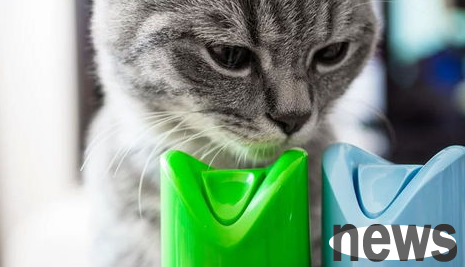Cats are poisoned by herbicides, and these daily necessities are poisonous to cats!
Herbicide poisoning mainly occurs when the lawn in the community is sprinkled with herbicide, and then the cat goes to the grass to play. If the herbicide is accidentally exposed to the herbicide, it causes poisoning. Herbicide poisoning is also uncommon in medical care. It should be said that if the intake dose is not large, it is possible to cure it when sent to the hospital in time.

1. Contact routes: inhalation, eyes and skin.

2. Eye contact: severely irritating.
3. Skin contact: mildly irritating. Excessive contact with the skin absorption can cause headaches, dizziness, nausea, vomiting, gastrointestinal irritation, weakness, and central nervous depression.
4. Inhalation: Inhalation is low intoxication.
5. Feeding: swallowing into the body has a harmful effect. It can cause headache, dizziness, nausea, vomiting, gastrointestinal irritation, weakness and central nervous system depression.
6. Effects on existing diseases after contact: chronic respiratory diseases such as asthma, emphysema or bronchitis that may worsen after inhaling this substance. Skin contact can aggravate existing skin diseases.
7. Sub-chronic effects of target organs: Repeated contact can cause damage to the liver, kidney, blood biochemical, testicle and systemic motor functions. Cases of peripheral nerve damage have been reported, but are rare. A large number of animal studies have not proven that these symptoms occur, and even under long-term high-dose medication.
8. Chronic impact/carcinogenicity: The International Agency for Research on Tumor (IARC) lists exposure to phenoxy chloride herbicides as grade 2B carcinogenicity.
9. Reproductive toxicity: Animal studies have shown that it can have an impact on testicles and male fertility has decreased.
10. Developmental toxicity: Research on MCPA (4-chloro-2-methylphenoxyacetic acid) in experimental animals shows that administration of maternal animals at toxic doses can lead to fetal weight loss and delayed development of young people.
11. Genotoxicity: There are some positive and negative research results, but MCPA is not genetically altered based on comprehensive measurement.




